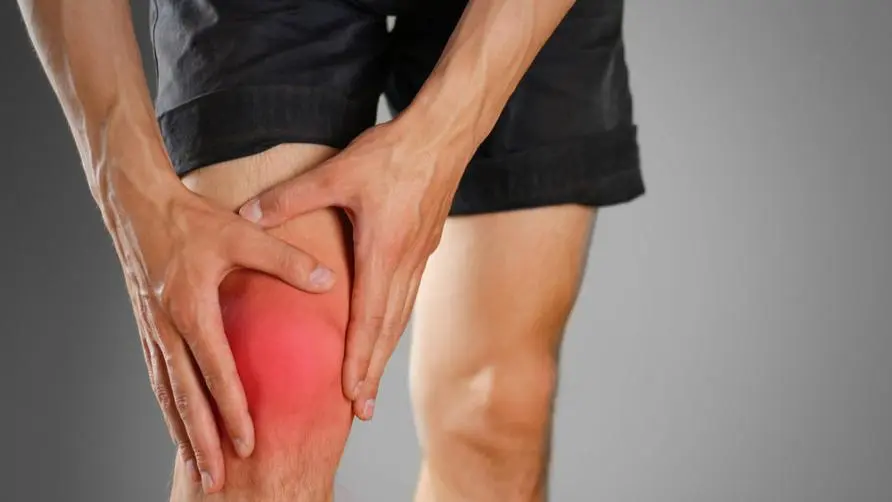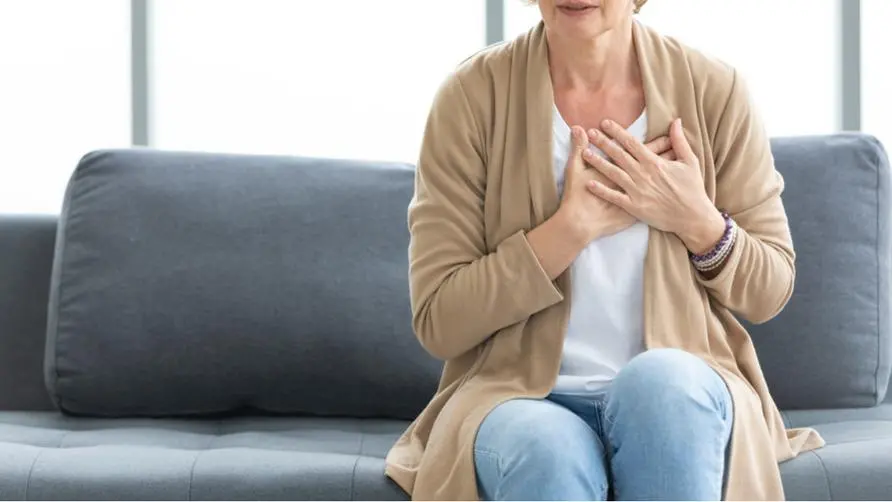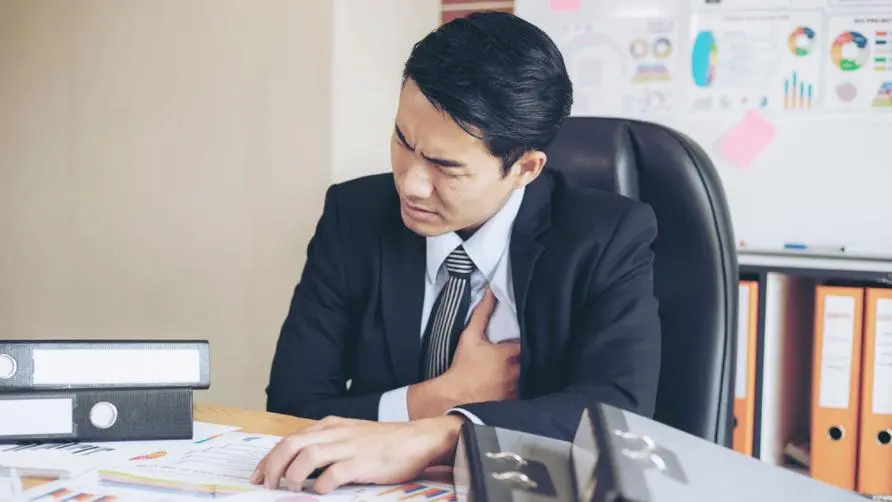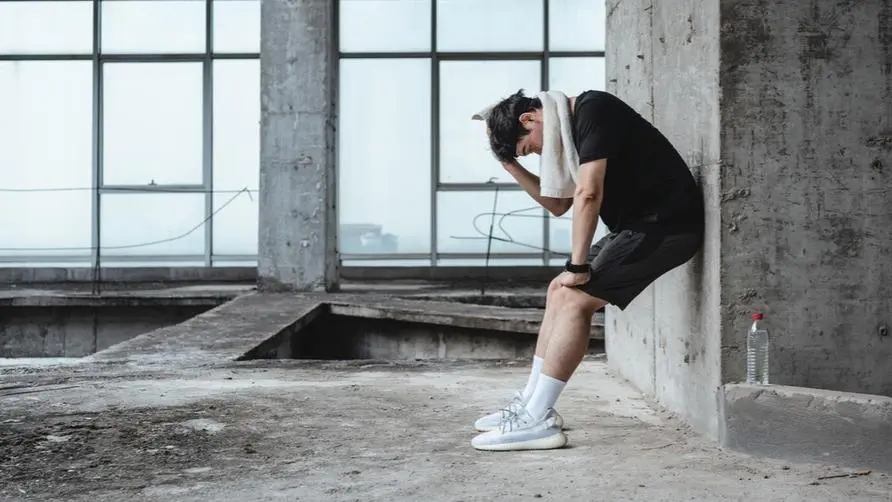Is drinking ice water or soaking in cold springs after exercise likely to cause arrhythmia and sudden death? Is "pain like a knife cutting" in your chest a sign of danger?
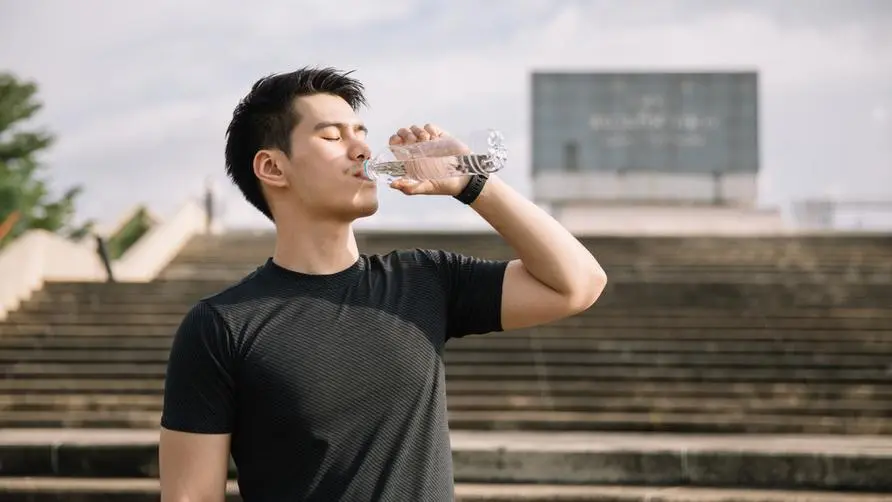
Is sudden death caused by drinking ice water after exercise related to arrhythmia?
Recently, various Taiwanese media reported that a 19-year-old teenager died suddenly from drinking ice water while exercising in Fujian, China. Will drinking ice water immediately after strenuous exercise really cause vasoconstriction and lead to sudden cardiovascular problems? What physical changes occur during exercise that should stop immediately and seek medical examination?
Dr. Zeng Minsheng, the attending physician of the cardiology department of Guangtian Hospital Dajia Campus, said in an interview with “healthorn” that the evidence for the claim that drinking ice water causes cardiovascular disease is not sufficient based on the current literature. However, some experts do believe that the connection between drinking ice water and neurological reactions may lead to abnormal heart rhythms, such as random heartbeats and arrhythmias.
However, Dr. Zeng Minsheng emphasized that there is no quantitative scientific evidence on the impact of drinking ice water on changes in body temperature. For example, drinking ice water at a certain temperature and amount may cause cardiovascular events. Cardiologists often have reservations about this. However, there are indeed clinical cases of cardiovascular problems after drinking ice water. Traditional medicine and folk wisdom also recommend that you should not drink cold ice water after strenuous exercise.
Chest tightness, chest pain and cold sweats during exercise? Doctor warns of “danger signs”
What are the signs that occur during exercise or after exercise and should you take a rest or even seek medical examination as soon as possible? Dr. Zeng Minsheng reminds that when you feel that your physical fitness cannot be overloaded, you should stop exercising immediately. If danger signs occur, such as sudden onset of chest tightness and pain, accompanied by cold sweats, etc.; or if there is abnormal pain in the chest such as a knife-cutting sensation, you should It is suspected to be a warning sign of myocardial infarction or even aortic dissection.
Dr. Zeng Minsheng pointed out that aortic dissection in young people is mostly related to congenital diseases or chronic diseases, but they may not be aware of such underlying health conditions. In addition to paying attention to exercise intensity and doing gentle exercises during exercise, when the above danger signs occur frequently, it is recommended to go to the hospital for detailed examination as soon as possible to avoid overlooking the risk of potential diseases.
Sudden death after taking cold water immediately after exercise? Beware of drastic changes in temperature and temperature
Dr. Zeng Minsheng reminded that with hot summer temperatures, it is easy to not notice that the body loses a lot of water and lacks replenishment. In addition, after strenuous exercise, it is not recommended to take a cold bath or soak in cold water immediately after strenuous exercise to avoid a sudden drop in body temperature, which may easily lead to cardiovascular events.
Dr. Zeng Minsheng said that sudden changes in temperature and body temperature may increase the incidence of arrhythmias and cardiovascular diseases. Some patients soak in cold springs or take cold showers immediately after strenuous exercise, resulting in arrhythmia or even sudden death. If you don’t have a good grasp of your physical health, you should also avoid soaking in hot springs first and then cold springs, as this type of action can easily cause excessive temperature differences.
Excessive exercise intensity can easily damage the heart. Moderate exercise and warm-up are essential.
The temperature is hot in summer, and the body easily loses too much water. Dr. Zeng Minsheng reminds you that when engaging in exercise, you should pay attention to whether the intensity can be tolerated. Clinically, there are cases of myocardial infarction occurring from time to time after strenuous exercise. Age and chronic diseases are all risk factors. If you plan to engage in strenuous exercise, you should fully understand your health before proceeding.
Dr. Zeng Minsheng pointed out that high-intensity sports, such as competitive games and mountain climbing, require a higher load on the heart than ordinary activities. If you do it rashly without adequate training, it is likely to overload the heart. In addition, many people are “weekend warriors” who only exercise heavily during holidays. They must do gentle exercise and warm up beforehand. When they have symptoms of physical discomfort, they should stop immediately and avoid direct high-intensity activities, which may cause more serious heart problems. Blood vessel problems.
Further reading:
